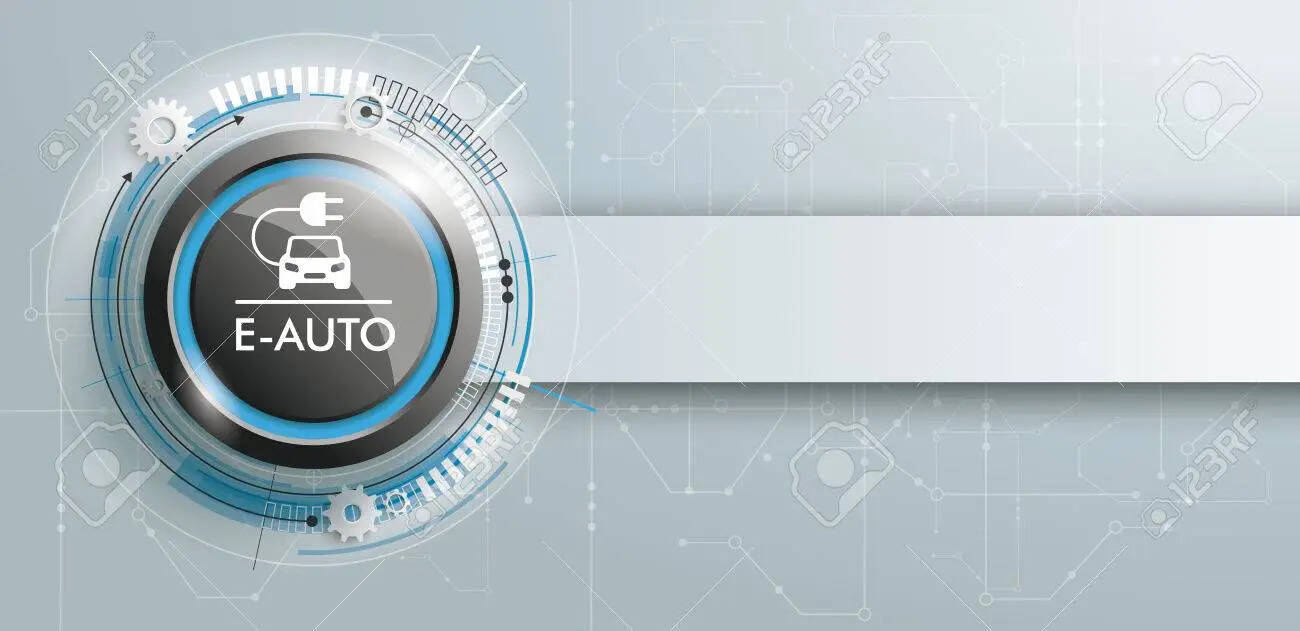
Companies availing of subsidies under the government’s flagship electric vehicles (EV) promotion scheme are facing increased scrutiny from the authorities, after it came to their notice that many manufacturers were providing misleading information.
EV makers now must produce a certificate from a chartered accountant empanelled with the Comptroller and Auditor General, verifying the extent of imported components in their vehicles before their products can qualify for subsidies under the Faster Adoption and Manufacturing of Electric and Hybrid Vehicles in India (FAME-India) scheme.
Scrutiny from certifying authorities that validate models as compliant under the scheme has also become more stringent, said people in the know.
The subsidies are disbursed by the Ministry of Heavy Industries. As per the FAME-India scheme, companies availing of subsidies must comply with strict rules around local sourcing of components for their EVs. These include key components like motor, controller, onboard charger, instrument panel, chassis and wheels.
The government’s intention is to incentivise the development of a local manufacturing ecosystem through subsidies, making India a hub for EVs.
However, many companies wrongfully declared imported components as locally sourced by routing the imports through local companies who did little value-addition in India, according to multiple people in the know. The practice is particularly rampant in the electric two-wheeler market, where most manufacturers are reliant on Chinese imports, they said. The subsidies could range from Rs 15,000-60,000 for a two-wheeler.
To put a check on these practices, the authorities have introduced these new measures.
“The goal is to keep a check on companies that claim made-in-India status for their products but actually try and pass off largely imported goods,” a senior heavy industries ministry official told ET. “The scrutiny of companies that claim subsidy under the FAME scheme is an evolving process. We have been trying to make the procedure for availing of subsidy support more robust as the ecosystem evolves.”
If an EV company tries to sell a non-compliant vehicle as a subsidised one, then it is penalised, and any subsidy accrued is borne by the company itself, the official added.
Scrutiny has not just gone up in terms of the documentation required to claim subsidies. In some cases, validating authorities are also inspecting the premises of EV manufacturers and their suppliers before certifying a vehicle compliant with the FAME-India rules.
A manufacturer of electric motors told ET that inspections by certification authorities, in-person or over a video call, had become a norm of late, as they try to ascertain whether a supplier had a local manufacturing setup or simply re-routed imports with their stamp on it.